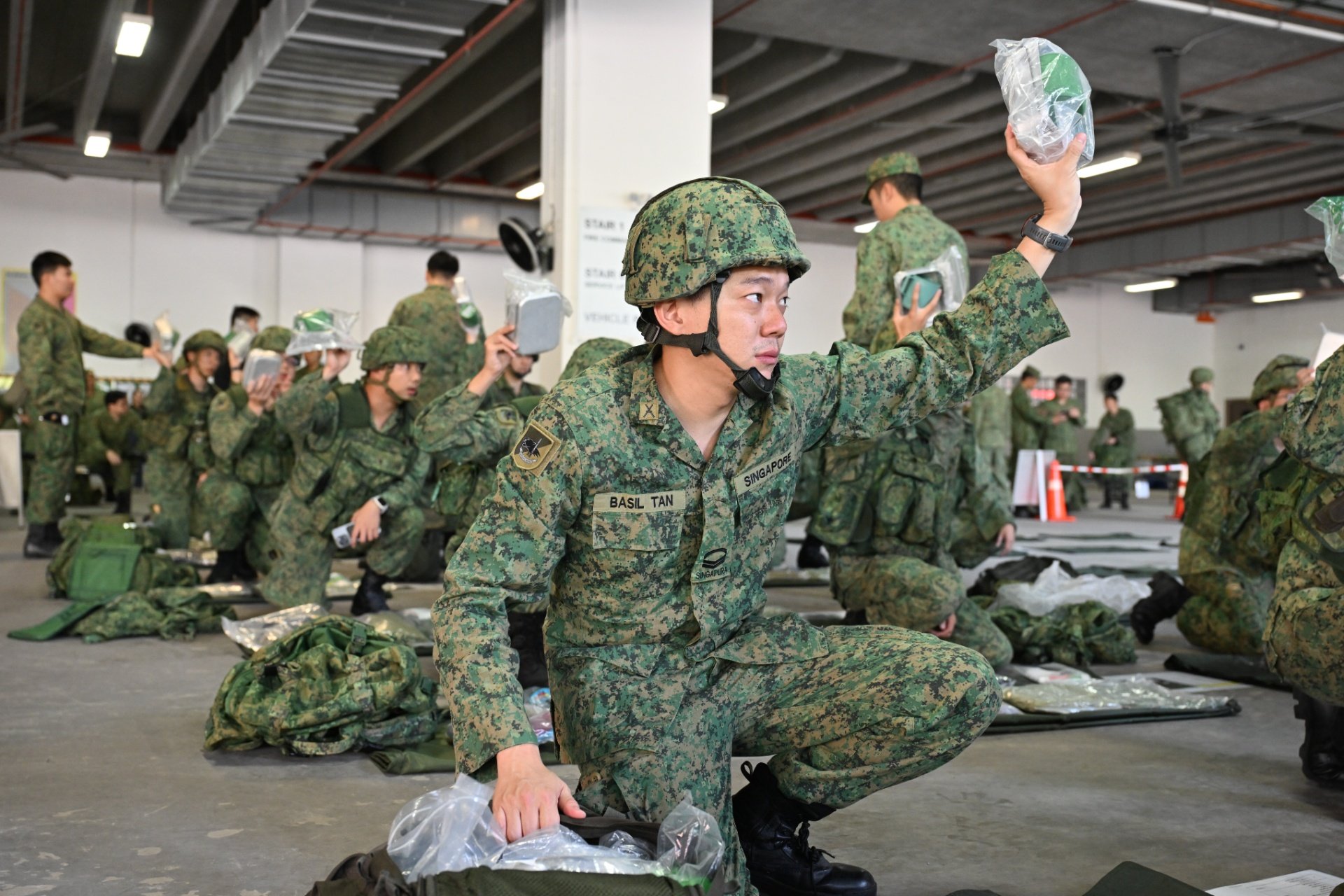OPS & TRAINING
Safety culture now stronger in the SAF: external panel
05 Nov 2020
The Singapore Armed Forces (SAF) has made notable progress in reinforcing safety as a priority at every level.
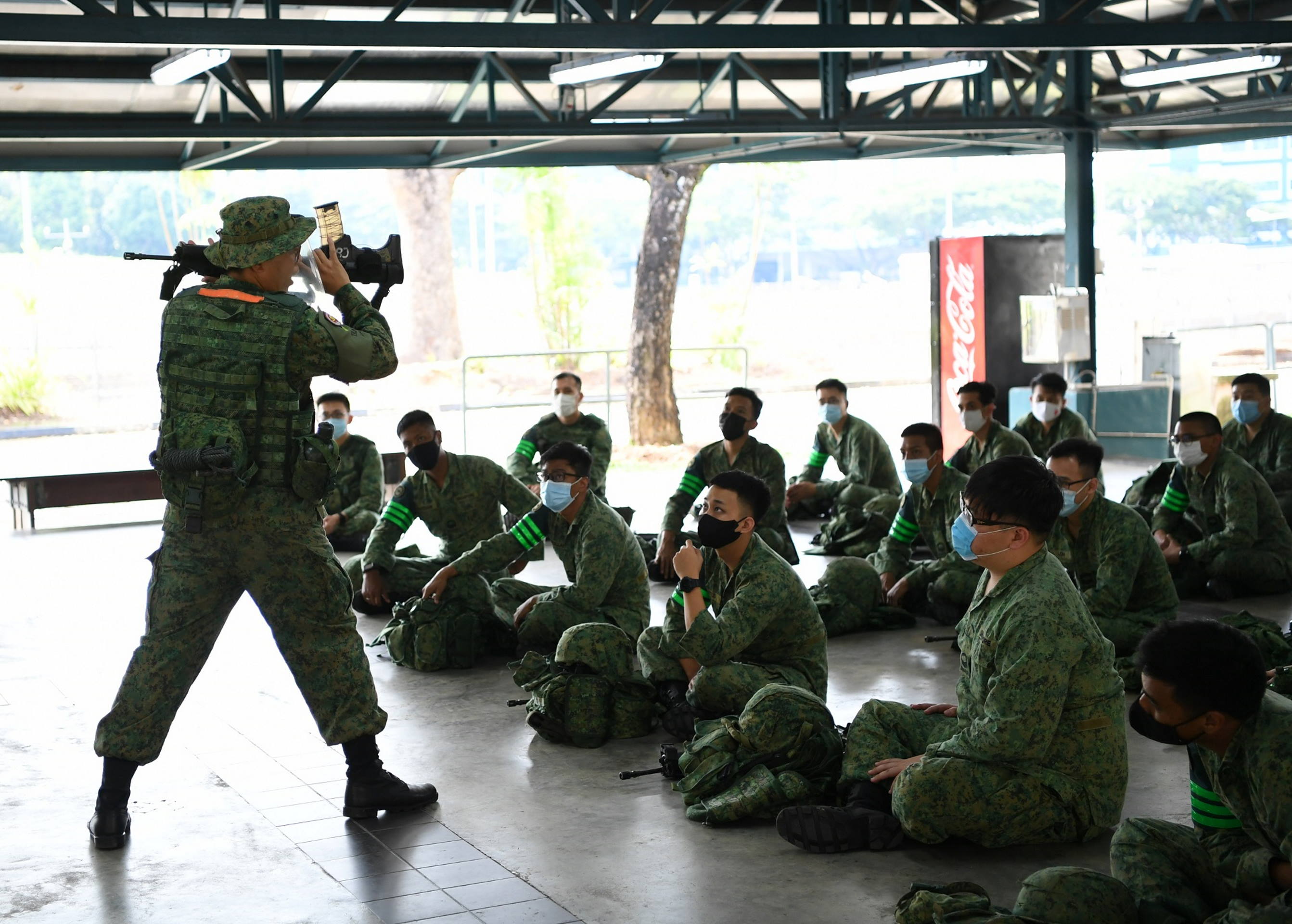
The SAF has seen a 49 per cent increase in open reporting on minor incidents, hazards and near misses from 2018 to 2019.
This was a sign that the SAF has implemented measures to address the recommendations of the External Review Panel on SAF Safety (ERPSS) on training safety culture, said Chairman of the ERPSS Heng Chiang Gnee.
"When you look at safety management, you tend to look at (what's) trending. These are indications that whatever the SAF is putting in place is seeing (a) positive outcome," explained Mr Heng.
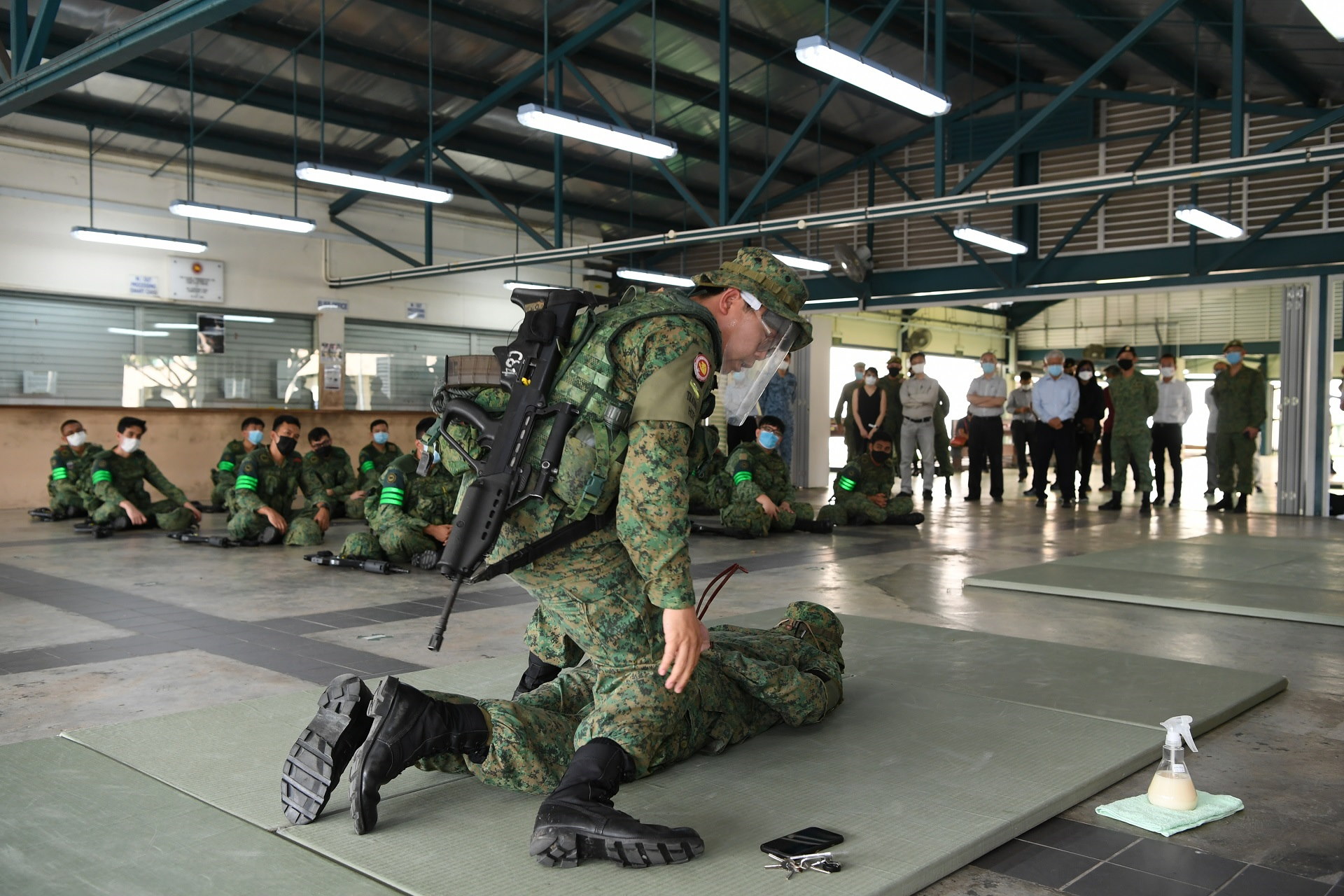
Mr Heng said these during the second ERPSS' visit to Island Defence Training Institute (IDTI) on 5 Nov. During the visit, the panel was briefed on the SAF's measures to enhance training safety and strengthen safety culture. They were also updated on the improvements observed across the SAF, such as an improved mindset towards safety.
Inaugurated in July 2017, the second ERPSS was tasked to evaluate the SAF's safety practices through visits to the formations and units, and recommendations on improvements to build a stronger safety system and culture in the SAF. In the event of training fatalities, it would provide an independent perspective of the Committee of Inquiry (COI) findings.
This ERPSS will complete its three-year tenure this December, with the submission of an end-of-tenure report.
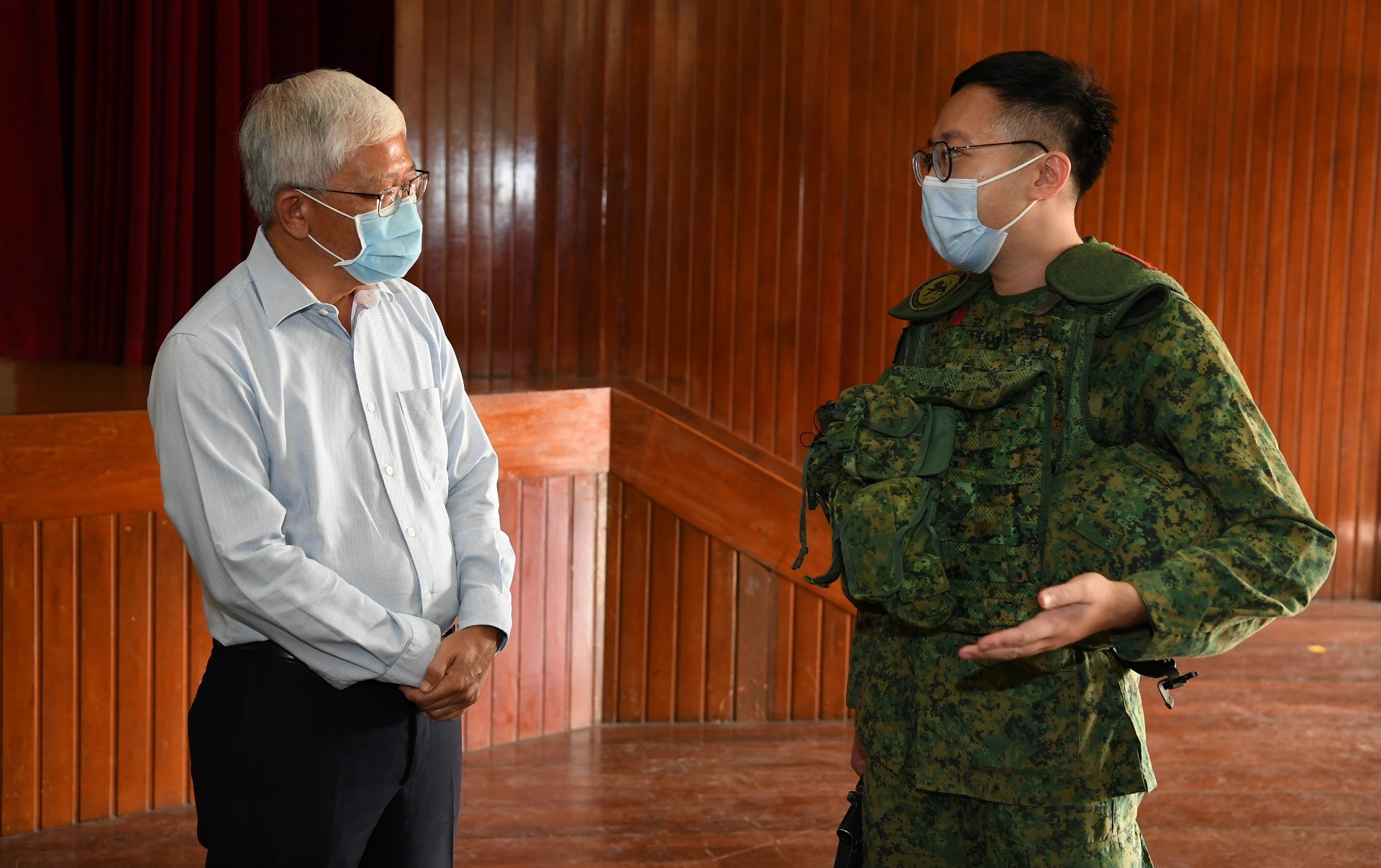
Significant progress made on safety culture
Noting how the SAF has made good progress in reinforcing safety as a priority at every level, Mr Heng said: "Safety and health management is very much a movement and journey – the more you can identify gaps, the faster you can improve.
"Over the last few years, I see a lot of effort has been put in place – such as team leadership, where people look out for each other, and procedures to encourage safety."
These include the putting up banners and messages in visible places as reminders for servicemen to keep safety in mind when training.
ERPSS member Kala Anandarajah said that these messages are necessary so that servicemen are constantly reminded to take precautionary steps to be safe, such as to always hydrate themselves.
She added that as a parent herself, she has learnt a lot about the SAF through visits over the last three years and was assured that the SAF is a safe environment for boys to become men.
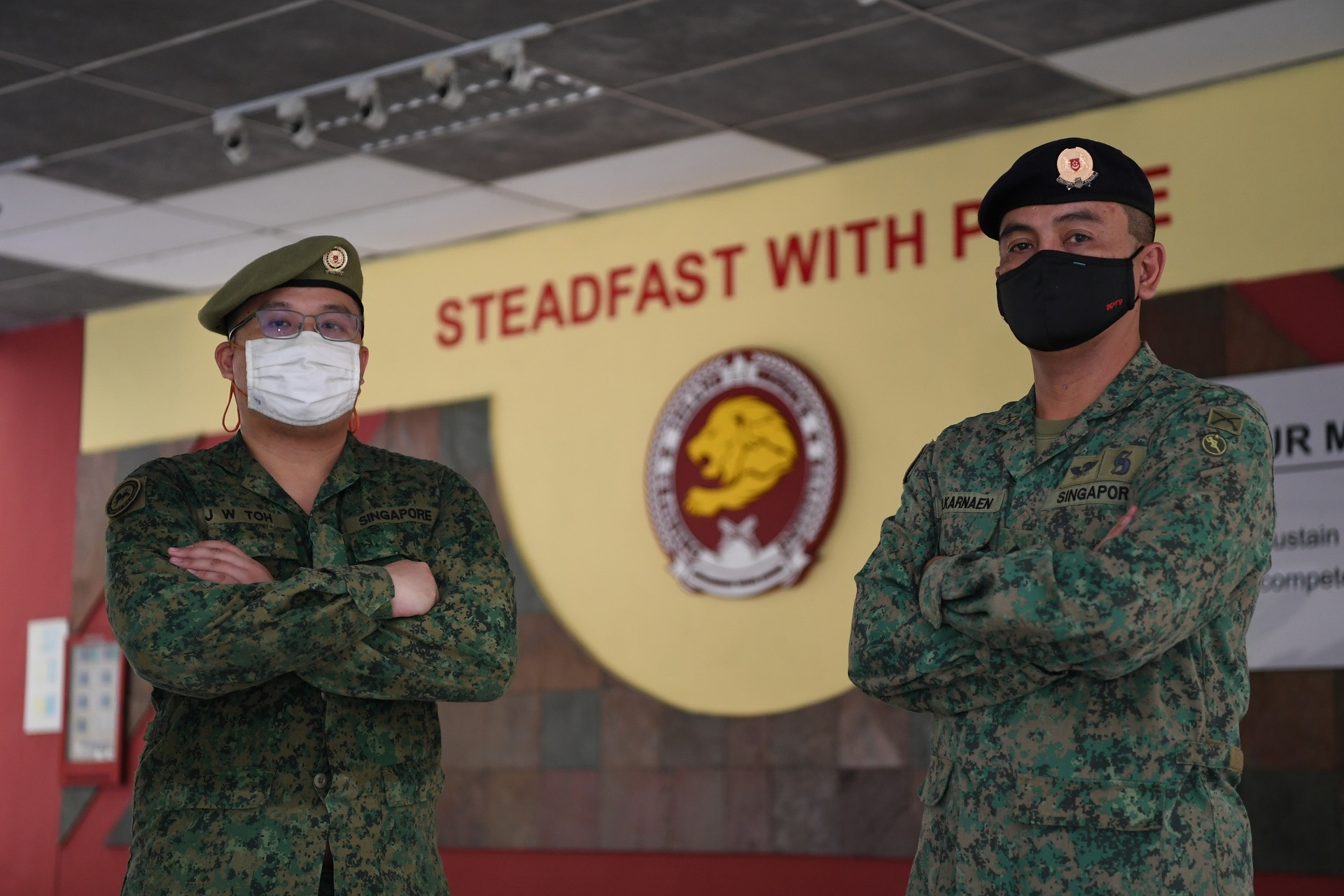
Inculcating a strong safety culture
As a trainer, Senior Warrant Officer (SWO) Zulkarnaen bin Hussain takes inculcating the safety culture to his soldiers very seriously.
From conducting safety briefings to ensuring that everyone understands their roles through table-top exercises before embarking on the actual mission, the chief master trainer from IDTI ensures that there is no room for safety lapses.
He added that through the change in mindset about open reporting, soldiers have become more alert and are also unafraid to call out any safety hazards they spot. This allowed them to rectify issues immediately.
Recalling an incident was prevented through speaking up, SWO Zulkarnaen said: "There was a serviceman who was walking while looking at his handphone and he did not realise that he was about to walk under a cherry picker that was in operation... He was stopped by a commander in time."
Other examples of safety hazard reporting included ponding on the floors after a heavy downpour and wobbly ceiling fans.
Sounding out unsafe practises
Apart from being briefed about the safety culture, the ERPSS also observed Operationally Ready National Servicemen (NSmen) from the 906th Battalion, Singapore Infantry Regiment (906 SIR) undergoing their ninth In-Camp Training (ICT).
For Lance Corporal (LCP) (NS) Paul Toh, safety has always been the top priority of the SAF throughout his years of ICT.
"We (always) know who the safety officers and medics are, the routes of evacuation and how to handle different situations," said the 31-year-old matador gunner from 906 SIR.
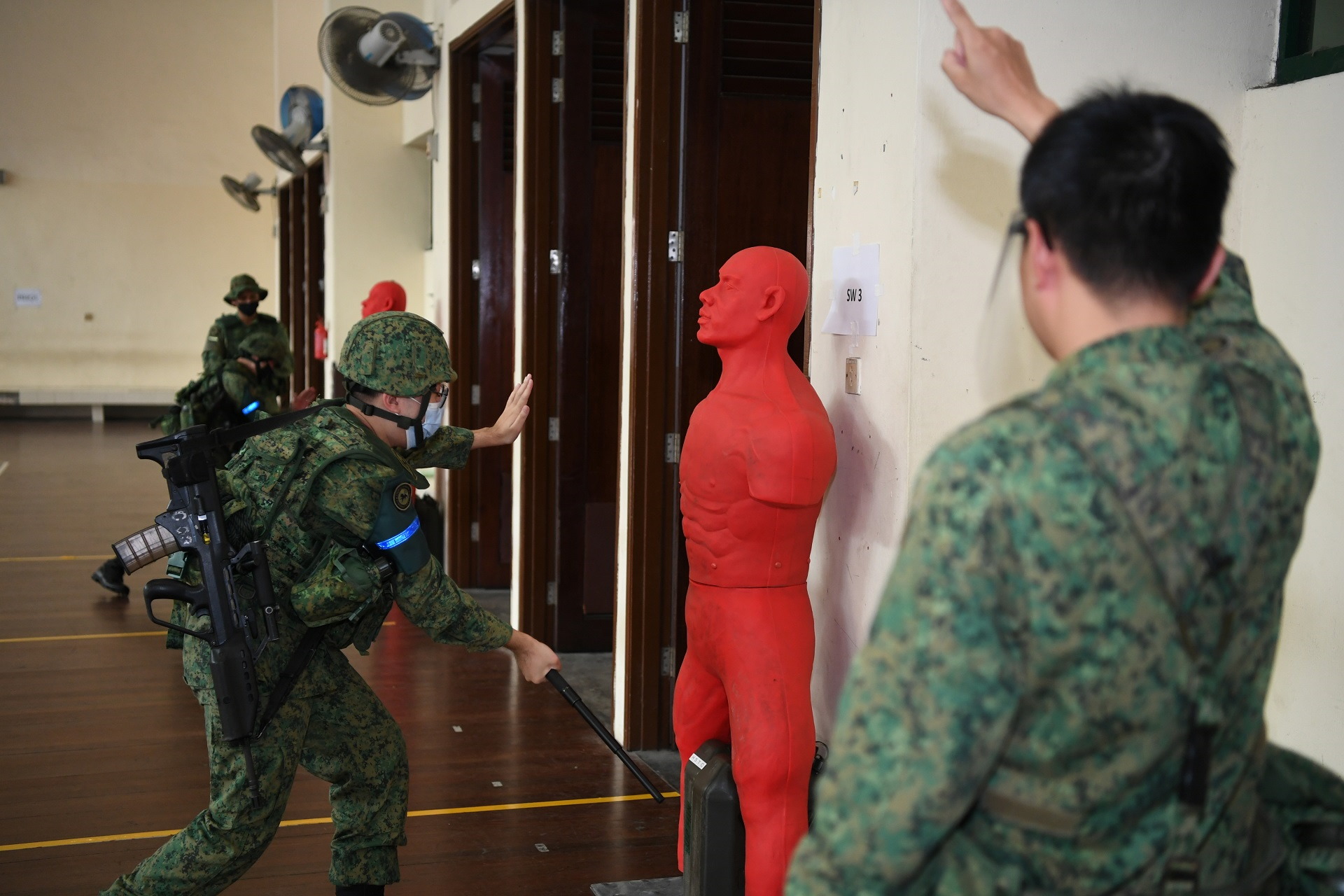
LCP (NS) Toh also said that his ICT mates have no qualms about sounding out if they see anyone's safety being compromised.
"Regardless of rank, if we see something wrong, we can press the stop button even if we're in the midst of training," said the director of a consultation company.
"We take these things very seriously. We have loved ones at home and we don't want to put them at risk. Everyone's safety is at stake."
ALSO READ IN OPS & TRAINING
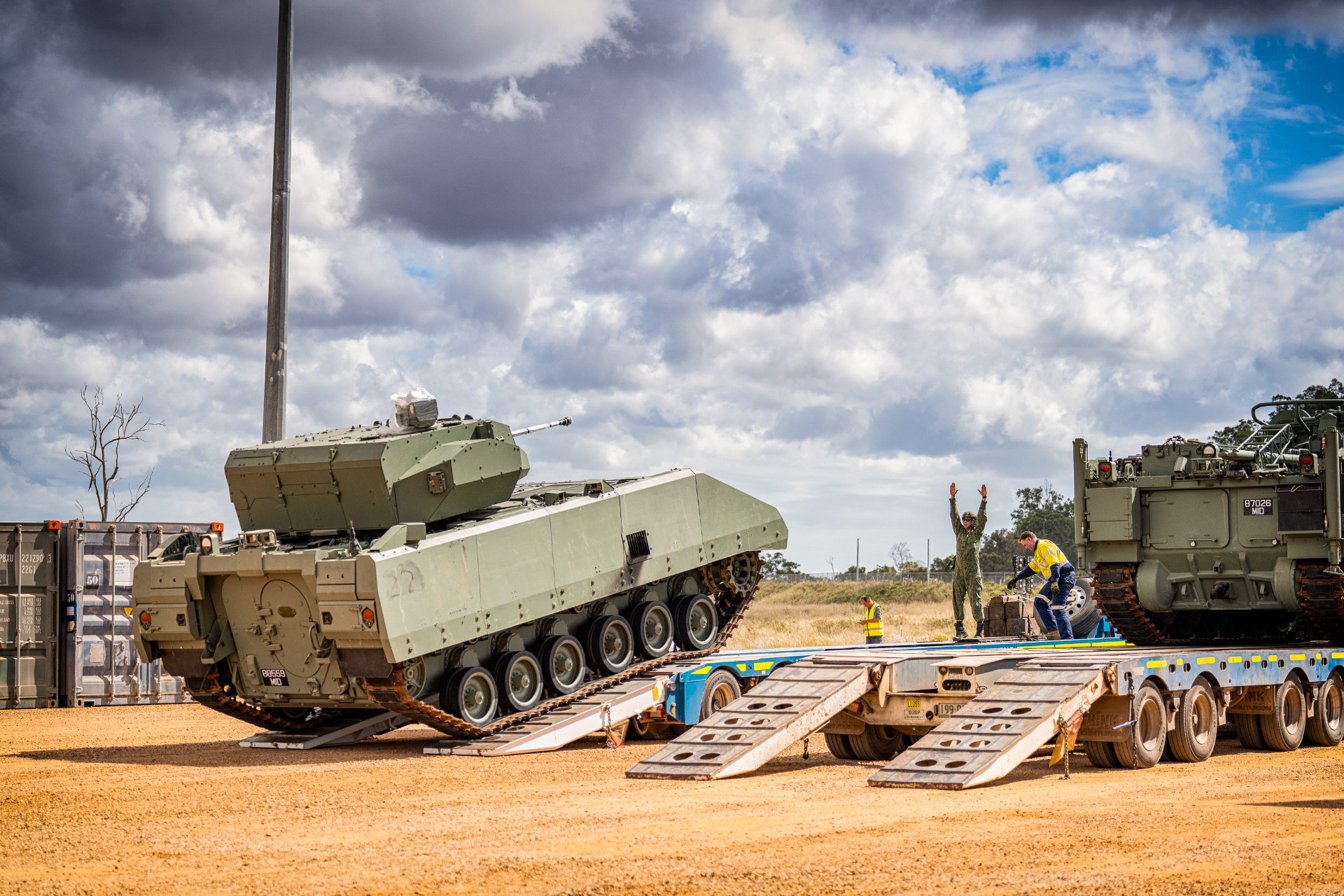
First in, last out at Ex Wallaby 2025
06 Nov 2025
Meet the teams who toil behind the scenes to enable the smooth conduct of the SAF’s biggest unilateral overseas exercise.
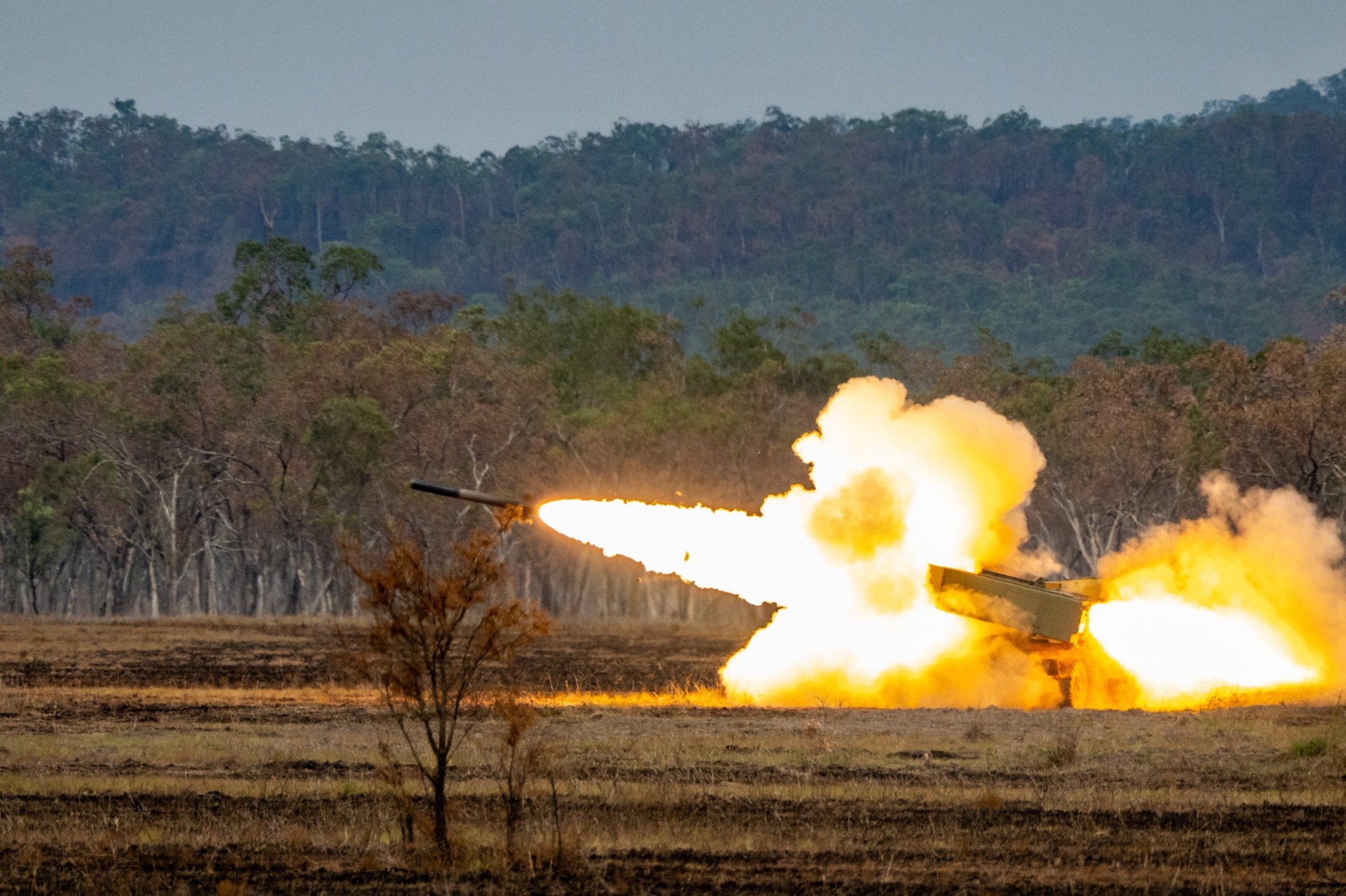
Exercise Wallaby 2025: To see better, shoot faster
31 Oct 2025
The SAF focuses on complex strike missions and multi-domain integration in Exercise Wallaby 2025, the 35th edition of its largest unilateral overseas exercise.
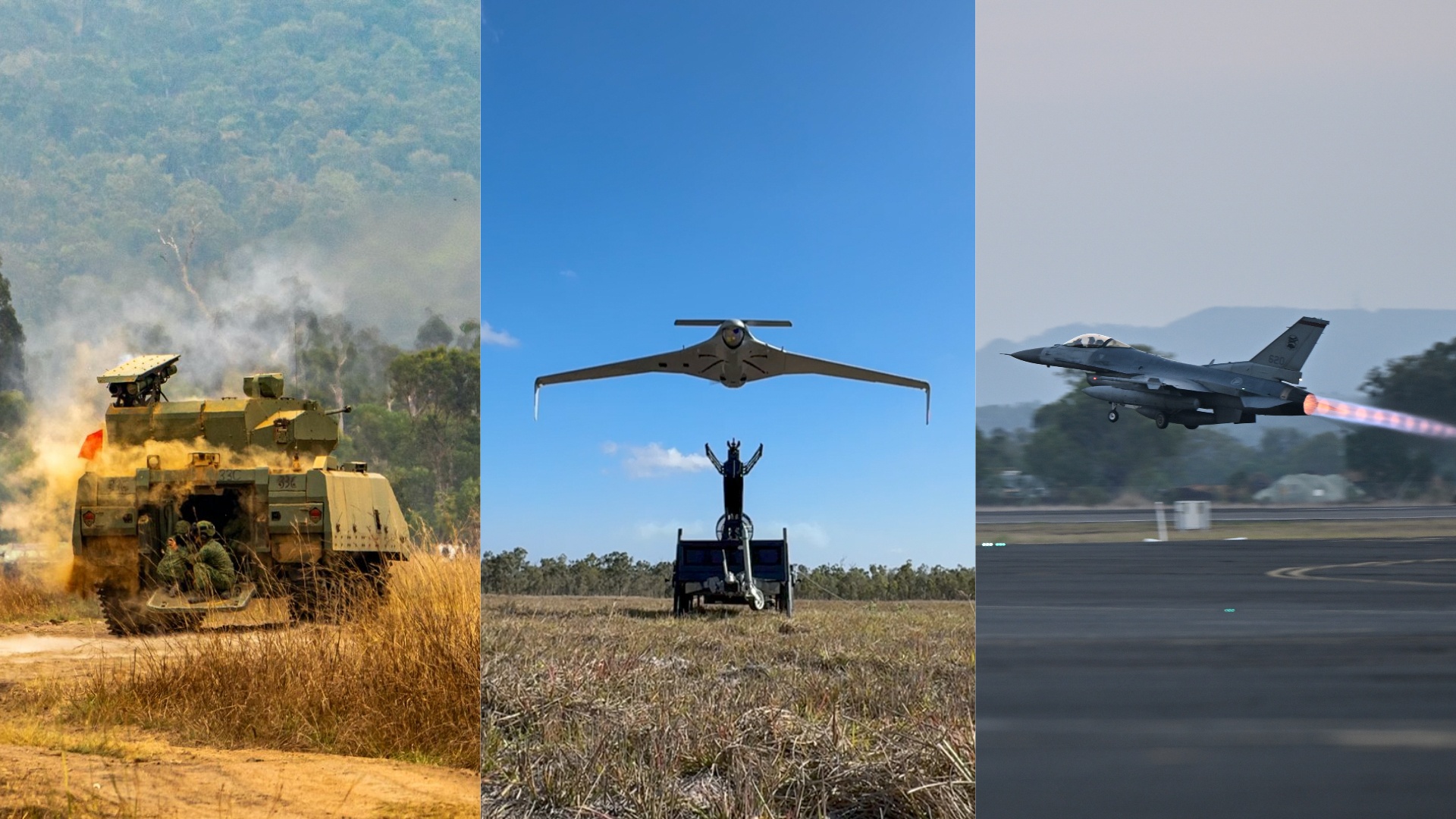
Ex Wallaby 25 – Greater Integration and Complexity
25 Oct 2025
The 35th edition of the SAF’s largest unilateral overseas exercise is an opportunity for expanded scale and deeper integration towards an effective, networked fighting force.


